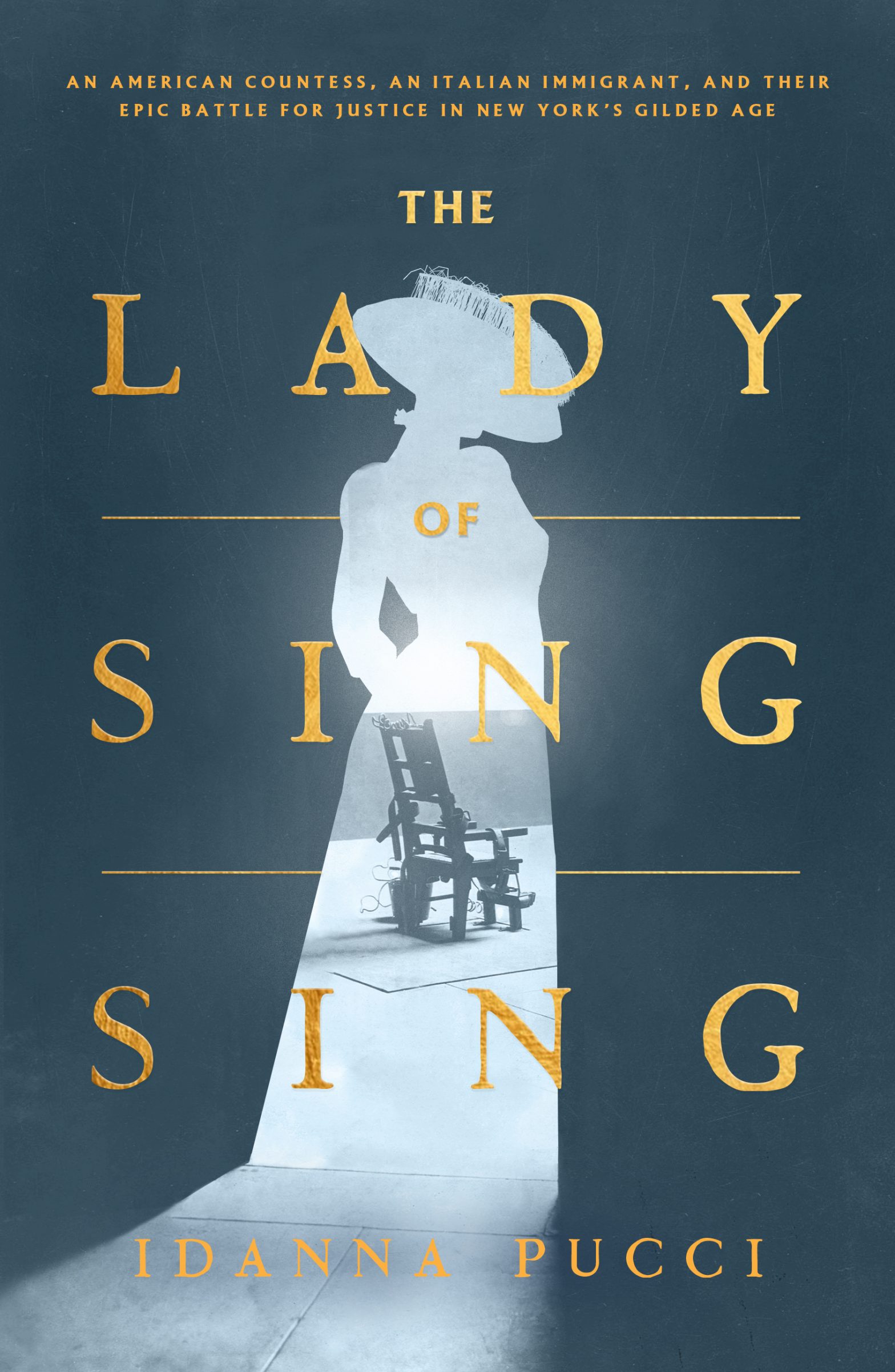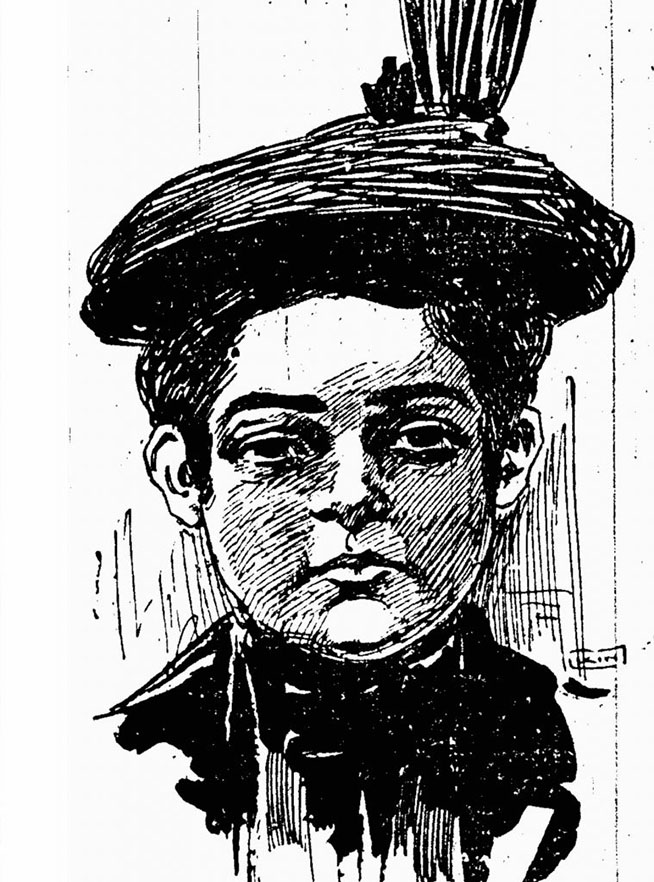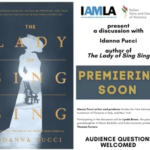In 1895, a young immigrant from Southern Italy is accused of murdering the man who drugged and raped her. In a sensational trial filled with inept lawyers, dishonest reporters and editors, and a corrupt judge, the illiterate seamstress, Maria Barbella, becomes the first woman sentenced to the newly invented electric chair at Sing Sing. Enter Cora Slocomb di Brazzà – an American heiress and social activist, married to an Italian aristocrat. After reading about the case in The New York Times, Cora sails from Italy to come to Maria’s rescue, and launches the first national campaign against the death penalty. Rallying the New York press, she bridges the social divide, and Maria’s “crime of honor” quickly seizes the nation’s attention. Yet, the powerful inventor Thomas Edison aligns his forces against Cora and the young immigrant. As the electric chair can only be powered with the AC current of his rival Westinghouse, the future of Edison’s DC direct current in America will benefit from Maria’s execution. This dramatic page-turner grapples with ethnic prejudice, criminal justice, corporate greed, violence against women, and a woman’s right to reject the role of victim.
This extraordinary book of historical non-fiction has the shape of drama as old as the Greeks with vivid relevance to the way we live now. The cast includes a young illiterate immigrant woman from Italy, an American woman of wealth and idealism, and a major historical figure named Thomas Edison. A murder drives the story. But woven through the tale are rich themes of class, shame, cruelty, kindness, loneliness, empathy, and yes, love. Pick it up!
A real-life story found in an old chest provides all the drama needed today for film roles for women. In 1890s Manhattan, abuse and rape led to a crime that churned up a nation already rumbling about women’s rights.
The plot has all the elements of a first-rate, well-crafted thriller. A crackling page-turner, it is an eye-opening document about life and social attitudes at the turn of the century. As such, it tells us a great deal about how much we’ve learned as a society in a hundred years, and how little.
Combining her own family history with Barbella’s story, Pucci investigates the sensational crime [and] its equally sensational aftermath.
In the spirit of sensational trials across the ages, Idanna Pucci pulls out all the stops.
Maria’s story – starting with the murder itself – is told with chilling page-turning immediacy. But the book takes an interesting novelistic turn in the portrayal of its two protagonists – Maria and Cora. By shifting the narrative focus between the two women, the author dramatically contrasts their very different backgrounds and personalities and their inverse relationship to each other.
A taut, energetic and skillful collage of narrative styles and genres: part gripping crime and courtroom drama, part vivid historical portrait of turn-of-the-century New York City. And it is partly an eloquent meditation on the death penalty and women’s rights.
This is a splendid and important book about Gilded Age justice in New York. A true tale story that reads like a verismo opera of naiveté, lust, and abuse. It opens the way for more scholarly studies that question the historic notions of this supposed formalistic age of draconian justice against immigrants and lower-class types who traduced the rules and always lost. In fact, as this case points out, Gilded Age New York was a more nuanced period in which defenses of honor were pervasive and the road of legitimate revenge, sanctioned by a New York County’s jury quasi-nullification verdicts could assimilate operatic heroines from southern Italy in a court of law even against the formidable odds of the positive law of Anglo-Saxons.
Idanna Pucci has skillfully crafted Barbella’s suspenseful story and documented late-19th-century prejudice against Italian Americans and women, as well as the inhumane treatment of prisoners. Gripping social history.
PBS Interview with Charlie Rose





